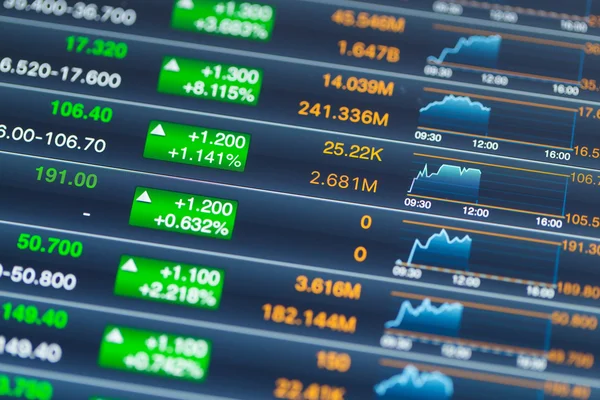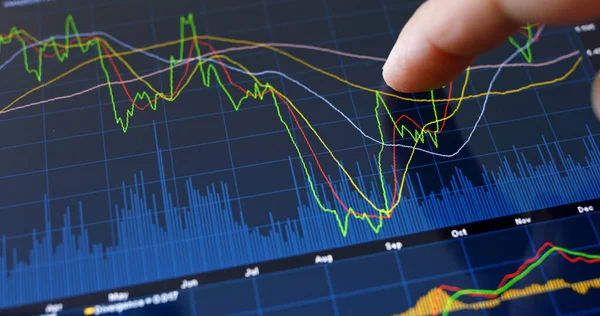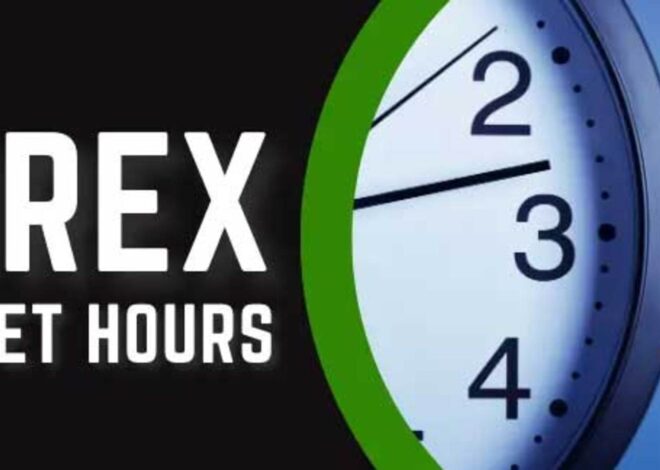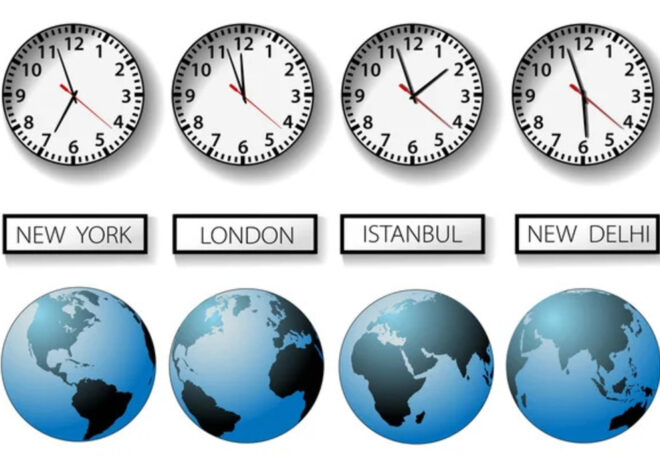
What Time Does Forex Market Close
The foreign exchange (Forex) market is one of the largest and most dynamic financial markets in the world, operating around the clock to accommodate traders across different time zones. Understanding the specific closing times of the Forex market is crucial for anyone looking to engage in trading, whether you are a novice or an experienced trader. This article will provide an overview of the Forex market hours, key trading sessions, and practical tips on how to effectively use this information for your trading strategies.
Understanding the Forex Market Hours: An Overview

The Forex market operates 24 hours a day, five days a week, allowing traders to buy and sell currencies at any time. The market opens on Sunday evening and closes on Friday evening (in GMT). This continuous operation is facilitated by different financial centers around the world, which creates a seamless transition from one session to another.
| Time Zone | Market Opening | Market Closing |
|---|---|---|
| GMT | Sunday 22:00 | Friday 22:00 |
| EST | Sunday 17:00 | Friday 17:00 |
| CET | Monday 00:00 | Saturday 00:00 |
| JST | Monday 09:00 | Saturday 09:00 |
The Global Forex Market: Operating Across Time Zones

The Forex market consists of several major trading sessions, each corresponding to a key financial center. These sessions overlap, allowing for increased trading volume and liquidity. The main trading sessions are:
- Sydney Session: Runs from 22:00 GMT to 07:00 GMT
- Tokyo Session: Runs from 00:00 GMT to 09:00 GMT
- London Session: Runs from 08:00 GMT to 17:00 GMT
- New York Session: Runs from 13:00 GMT to 22:00 GMT
Understanding these sessions is critical because they dictate the peak trading times when price volatility is highest and spreads are typically tighter.
Key Trading Sessions: When Do Forex Markets Close?

While the Forex market operates continuously, individual sessions do have specific starting and closing times. Traders should be aware that market movements can vary greatly depending on which session is active. Here’s a breakdown of the key trading sessions:
- Sydney Session: While this session is the first to open, it is usually quieter with lower volatility.
- Tokyo Session: This session sees increased activity, particularly with Asian currencies like the Japanese Yen and Australian Dollar.
- London Session: The London session is often considered the most important, as it overlaps with both the Sydney and New York sessions, resulting in high trading volume.
- New York Session: This is another key session, particularly for trading the US Dollar, and also sees high volatility.
Factors Affecting Forex Market Closing Times Explained

While the Forex market has standard closing times, several factors can affect trading activity during these closing hours:
- Market Events: Economic announcements, geopolitical events, and natural disasters can lead to increased volatility and trading activity, even as the market winds down.
- Liquidity: The liquidity of a currency pair can vary based on the time of day and the trading session. Major pairs are generally more liquid during the London and New York sessions.
- News Releases: Scheduled news releases can impact market behavior significantly. Traders should be cautious during these times, as price swings can be unpredictable.
- Holidays: Public holidays in major financial centers may lead to reduced trading volumes and altered trading hours.
How to Use Forex Market Hours for Better Trading Strategies

Understanding Forex market hours helps traders develop better strategies. Here are some practical tips to consider:
- Time Your Trades: Focus on trading during the times when the market is most active, especially during the London and New York sessions.
- Follow the Trends: Use technical analysis and market indicators to identify trends during peak trading hours.
- Set Alerts: Utilize trading platforms to set alerts for key currency pairs during major market events or opening hours.
- Diversify Your Strategy: Both day trading and swing trading can be effective. Customize your trading approach based on your availability and the session’s activity level.
Conclusion: The Importance of Knowing Market Closing Times

Knowing when the Forex market closes is essential for traders looking to maximize their trading potential. Understanding the hours of operation, key trading sessions, and factors that can impact trading times allows for smarter, more strategic trading decisions. By aligning your trading activities with market hours, you can improve your chances of success in the dynamic world of Forex trading. Always remember to stay informed and adapt your strategies to leverage the market’s behavior effectively.


